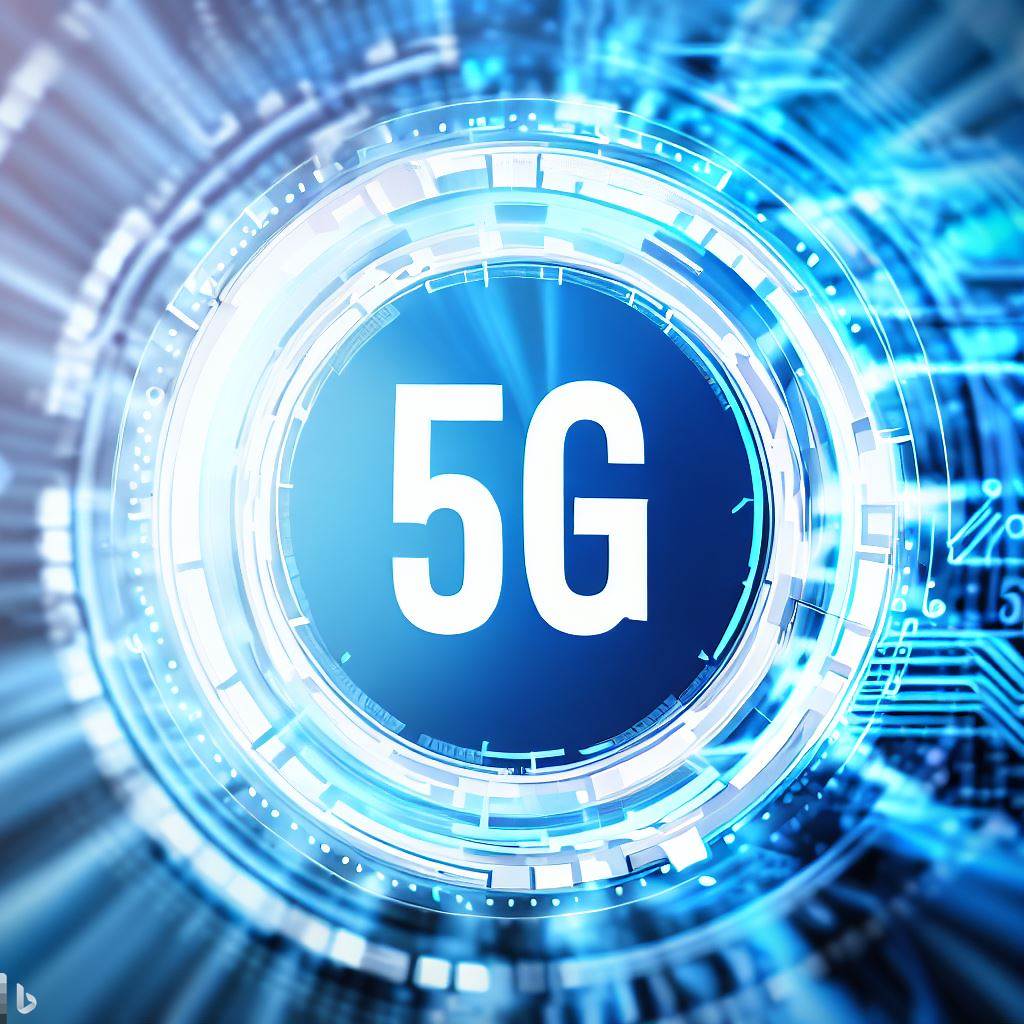
The future of 5G in the telecommunications industry is highly promising. 5G technology is expected to bring significant advancements and opportunities for telecom operators, as well as various industries and consumers. Here are some key points about the future of 5G in telecom:
Enhanced Connectivity and Speed
5G technology is expected to provide faster and more reliable internet connectivity compared to previous generations
. This will enable a wide range of applications that require high bandwidth, low latency, and massive device connectivity. With 5G, telecom operators can offer ultra-fast download and upload speeds, making it easier for users to stream high-quality videos, participate in real-time gaming, and utilize resource-intensive applications.
Internet of Things (IoT) and Smart Devices
One of the significant benefits of 5G is its ability to support a massive number of connected devices simultaneously. This capability is crucial for the growth of the Internet of Things (IoT) and the deployment of smart devices. Telecom operators can leverage 5G networks to connect and manage a vast array of IoT devices, including smart homes, smart cities, industrial automation, and autonomous vehicles. The increased capacity and efficiency of 5G will enable seamless communication between devices, leading to more advanced and interconnected systems.
Industry Transformation
5G is expected to drive significant transformations across various industries. Sectors such as healthcare, manufacturing, transportation, agriculture, and entertainment can benefit from the capabilities of 5G networks. For example, in healthcare, 5G can support remote surgeries, telemedicine, and connected medical devices, enabling faster and more accurate diagnoses. In manufacturing, 5G can enhance automation and enable real-time monitoring of production processes. These advancements have the potential to increase efficiency, productivity, and innovation in multiple sectors.
Innovation and New Services
The deployment of 5G networks will foster innovation and the emergence of new services. Telecom operators can leverage the capabilities of 5G to offer improved services such as augmented reality (AR), virtual reality (VR), cloud gaming, and immersive media experiences. Additionally, the low latency and high reliability of 5G networks will enable the development of mission-critical applications like autonomous vehicles, remote robotics, and smart grid systems.
Challenges and Considerations
While the future of 5G in telecom holds immense potential, there are challenges that need to be addressed. These include the need for significant infrastructure investment, spectrum availability, network security, and regulatory considerations. Telecom operators need to invest in building and upgrading their networks to support 5G technology. Spectrum allocation and management are also crucial for ensuring optimal network performance. Moreover, ensuring the security and privacy of 5G networks and the connected devices is of utmost importance.
Overall, the future of 5G in telecom is expected to revolutionize connectivity, enable new services, drive innovation, and transform industries. Telecom operators will play a vital role in deploying and managing 5G networks to capitalize on the opportunities presented by this advanced technology.
